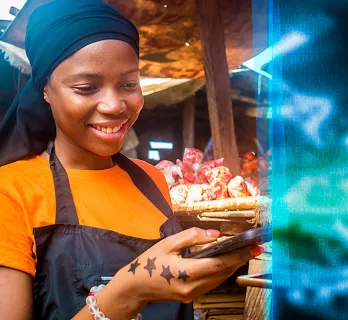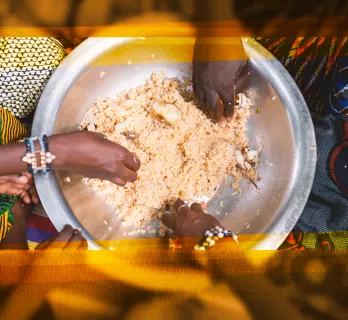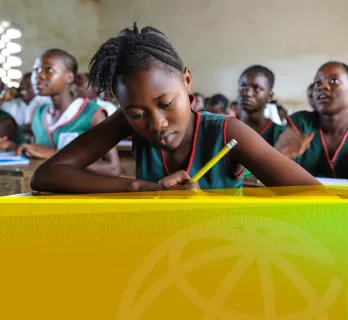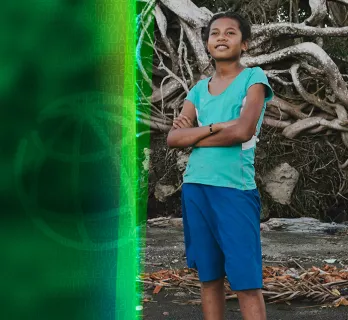At the Heart of a Resilient Future: Investing in Education for Our Children and Youth
Tuesday, October 12, 2022 | 4:00 - 5:30 PM EDT
The COVID-19 crisis—compounded by crises stemming from conflict, climate, and price shocks – has erased years of human capital progress and efforts to reduce inequality within and between countries. Prolonged pandemic-related school closures, and the learning losses suffered by children have been staggering. Today, 70 percent of 10-year-olds in low and middle-income countries are unable to understand a simple written text. and loss of employment will cause lasting damage to the productivity of current and future generations. These learning losses, as well as limited employment recovery among youth, will likely lead to lifelong negative impact on their futures, and is a costly missed opportunity for boosting growth and prosperity between and within countries. Without action, this generation of students now risks losing US$21 trillion in potential lifetime earnings in present value, equivalent to a reduction of 10% in lifetime earnings for each year of schooling lost. More than one billion young people have had their education and training opportunities interrupted, according to the International Labour Organization.
This event will bring together government leaders, international experts, civil society, and private sector representatives to discuss policy priorities that can support a sustained recovery in learning and skills development. They will share insights and successes that can help restore and accelerate human capital outcomes.






